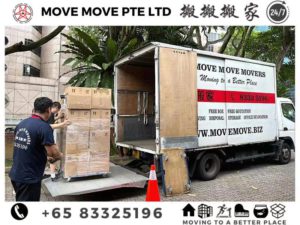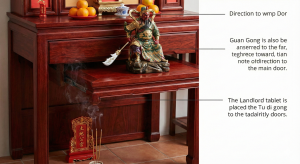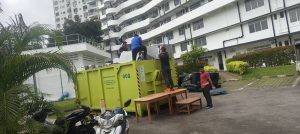In simple terms, rental stamp duty is the same as buyer’s stamp duty, and it is a proof of the legalization of the contract between the tenant and the landlord (to ensure that if there is a dispute in the future, only the tenancy agreement that has paid the stamp duty will be legally recognized).
Within 14 days of signing the contract between the landlord and tenant, the tenant will be required to pay a fee equal to 0.4% of the rent. (Example: renting an HDB flat with a rent of 2,000 for one year, the rent required in that year is 24,000 Singapore dollars, and the stamp duty to be paid is 0.4% of 24,000 = 96 Singapore dollars / year. )
This fee is usually collected by the agent and paid on behalf of the tenant. If you are unsure, you can also pay it yourself through the tax office’s website (delayed payment may result in a penalty).
I hope that after reading today’s content, everyone will take less detours in the matter of renting, and avoid more unnecessary losses caused by future problems.
By Move Move Movers













